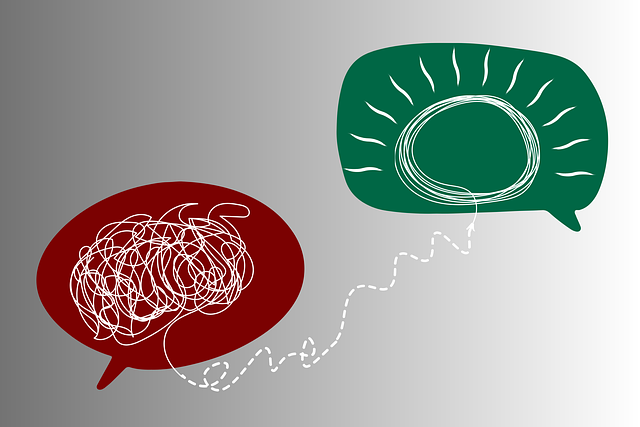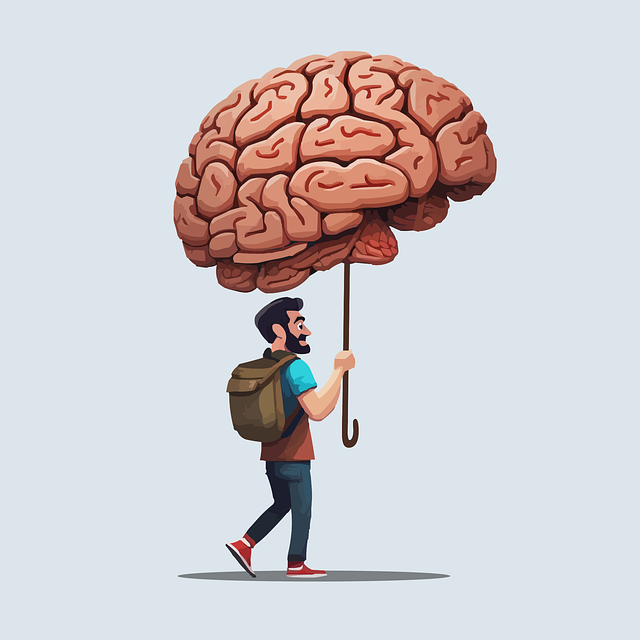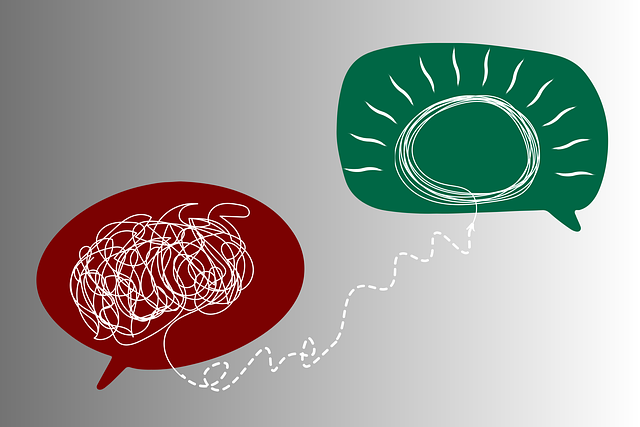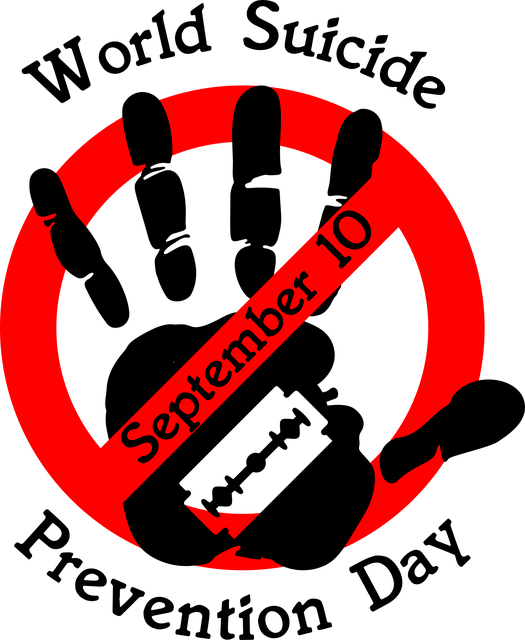Boulder Veterans Therapy focuses on mood regulation as a path to emotional balance, offering tailored support for military veterans dealing with war-related stress. They combine evidence-based practices like CBT and mindfulness with real-world insights into military life, empowering veterans through holistic programs that enhance mental health and quality of life. By fostering resilience and teaching skills like self-awareness exercises, cognitive reframing, and problem-solving, Boulder Veterans Therapy helps individuals manage daily moods and navigate challenges effectively, cultivating emotional agility and peace amidst struggles.
Mood regulation strategies are essential tools for maintaining emotional balance. This article explores various techniques, from understanding the intricacies of mood regulation to tailored approaches like Boulder Veterans Therapy, which specializes in addressing war-related stress. We delve into practical daily strategies that foster resilience and mental well-being. Discover how these methods can enhance your emotional landscape, offering a holistic approach to managing mood and promoting overall health.
- Understanding Mood Regulation: Unraveling Emotional Balance
- Boulder Veterans Therapy: Tailored Approaches for War-Related Stress
- Practical Strategies for Daily Mood Management and Resilience
Understanding Mood Regulation: Unraveling Emotional Balance

Understanding Mood Regulation is a crucial aspect of achieving emotional balance, a concept that resonates deeply with many individuals seeking solace and clarity. Boulder Veterans Therapy recognizes the importance of helping clients navigate their emotional landscapes. By employing various mood regulation strategies, therapists facilitate the development of inner strength and confidence boosting techniques. This process empowers people to manage stress more effectively, enabling them to live fulfilling lives despite life’s challenges.
Emotional balance isn’t about suppressing feelings but rather learning to respond to them healthily. Through therapeutic interventions, individuals can unravel the complexities of their emotions, gaining valuable insights into what triggers their mood shifts. With this knowledge, they become equipped to implement stress management techniques tailored to their unique needs, fostering resilience and promoting a sense of calm amidst life’s storms.
Boulder Veterans Therapy: Tailored Approaches for War-Related Stress

Boulder Veterans Therapy offers specialized support tailored to address the unique challenges faced by military veterans dealing with war-related stress. With a deep understanding of the traumas and experiences specific to veterans, this therapy approach combines evidence-based practices with a compassionate, individualized mindset. The therapists at Boulder Veterans Therapy are equipped not only with clinical expertise but also with real-world insights into military life, enabling them to connect deeply with clients and offer effective coping strategies.
The program’s success lies in its holistic approach, encompassing various therapeutic modalities such as cognitive-behavioral therapy (CBT), mindfulness practices, and trauma-focused interventions. Additionally, Boulder Veterans Therapy incorporates Mental Wellness Coaching Programs Development, providing veterans with tools for self-care and stress management outside of traditional therapy sessions. Through these comprehensive initiatives, the therapy center aims to enhance not just mental health but also overall quality of life for veterans, fostering a sense of resilience and peace in their daily struggles. Furthermore, Healthcare Provider Cultural Competency Training ensures that all support staff are sensitive to the diverse cultural backgrounds and experiences within the veteran community.
Practical Strategies for Daily Mood Management and Resilience

Managing your mood daily is a skill that can be cultivated through simple yet powerful practices. One effective approach is to incorporate self-awareness exercises into your routine, such as mindfulness meditation or journaling. These activities allow individuals to connect with their emotions and thoughts, enabling them to recognize triggers and develop healthier coping mechanisms. For instance, a veteran experiencing anxiety could use daily reflections to identify stressful situations and employ relaxation techniques learned through Boulder Veterans Therapy.
Additionally, building resilience is vital for long-term mood regulation. Mental wellness coaching programs offer structured support, teaching individuals effective strategies like cognitive reframing and problem-solving skills. By learning to navigate challenges with a growth mindset, one can enhance emotional agility. For instance, conflict resolution techniques, a key component of such programs, empower people to address disagreements constructively, thereby reducing the impact on their mental state.
Mood regulation is a vital skill, and with the right strategies, individuals can navigate emotional challenges effectively. As discussed, understanding mood regulation begins with recognizing triggers and cultivating emotional awareness. Boulder Veterans Therapy offers tailored approaches for war-related stress, showcasing the power of specialized support. Daily practices, such as mindfulness, exercise, and social connections, empower people to manage their moods proactively. By integrating these practical strategies into daily life, individuals can enhance resilience and overall well-being, ensuring a more balanced and fulfilling emotional landscape.












